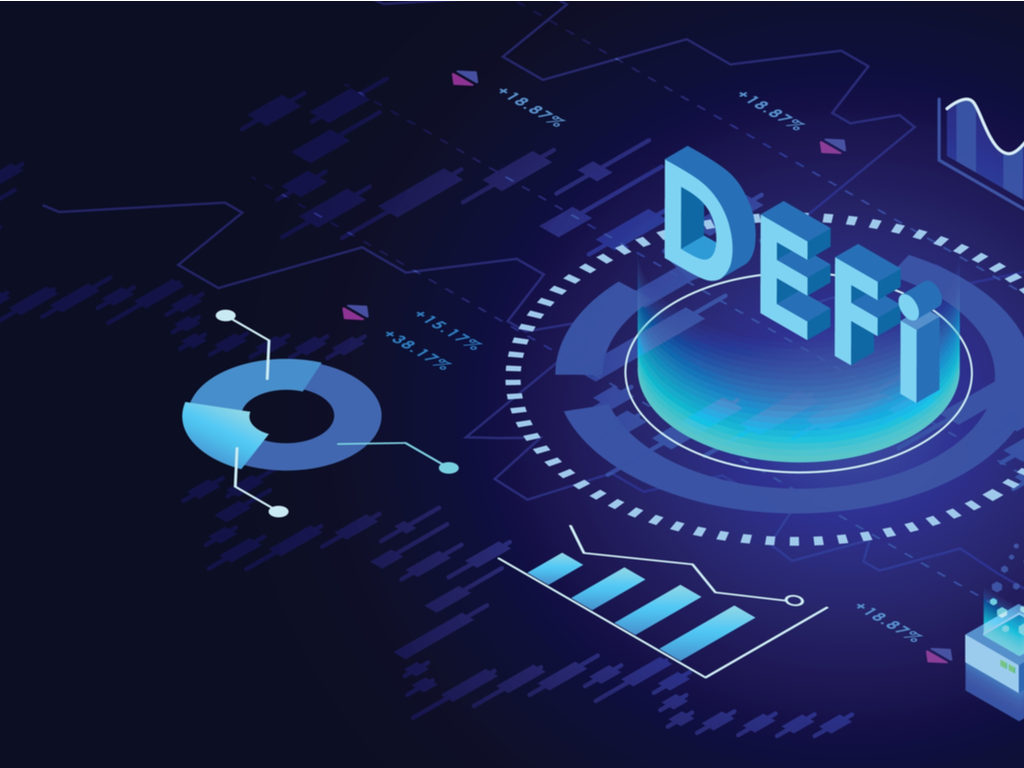DeFi: Everything you Need to Know About the Future of Decentralised Finance

Decentralised finance also known as DeFi is an emerging financial infrastructure that theoretically eliminates the need for central banks or governments to approve financial transactions. This works by basing it on blockchain technology– which enables all computers on a network to hold a copy of the transaction history.
Defi has several important features firstly It’s “open,” meaning you can use the apps by creating a wallet—often without revealing any personally identifiable information like your name or address. It’s theoretically (if not technologically) easier to do this than it is to have a bank account. Second, a blockchain allows you to shift funds instantly, eliminating the need to wait for a bank transfer to clear. Third, the rates are (at least for the time being) significantly lower than those offered by traditional banks, albeit transaction charges vary based on the blockchain network. Finally, DeFi apps operate together like “money Legos.” This “composability” enables anyone, without permission, to construct, edit, mix and match, link, or build on top of any current DeFi product.
DeFi provides financial services using cryptocurrency and smart contracts, eliminating the need for intermediaries such as guarantors. Lending (where users can lend their cryptocurrency and earn interest in minutes rather than once a month), receiving a loan instantly, making peer-to-peer trades without a broker, saving cryptocurrency and earning a higher interest rate than a bank, and buying derivatives such as stock options and futures contracts are just a few of the services available.
Users employ apps, which are mostly available on the Ethereum network, to facilitate peer-to-peer business transactions. Coins (Ether, Polkadot, Solana), stablecoins (whose value is fixed to a currency such as the US Dollar), tokens, digital wallets (Coinbase, MetaMask), and DeFi mining (a.k.a. DeFi mining) are among the more extensively used DeFi services and dApps.
So what are smart contracts? Smart contracts are pieces of computer code that serve as digital contracts between two parties. A smart contract is a computer programme that runs on a blockchain and is stored in a public database. They cannot be changed, they can be sent automatically without the involvement of a third party since the blockchain handles them. Only when all of the terms of the agreement are met does the peer-to-peer transaction come to an end.
Smart contracts have the apparent benefit of allowing you to borrow and lend your cryptocurrencies without the need for a middleman, which eliminates many of the hazards associated with traditional lending. If a borrower fails to meet their loan requirements, for example, their lender can simply take their funds back, eliminating the need for security.
People are attempting to profit from the growth of DeFi in a variety of ways. Using Ethereum-based lending apps to generate passive income is one option. Users essentially lend their money out and earn interest on the loans. Yield farming is another approach being utilised, which is a riskier practice performed by more skilled traders in which users search through a plethora of DeFi tokens in the hopes of finding prospects for higher returns.
The future of DeFi is bright as it is disrupting the financial services industry by providing banking services without the need for banks or governments in a much more efficient manner.